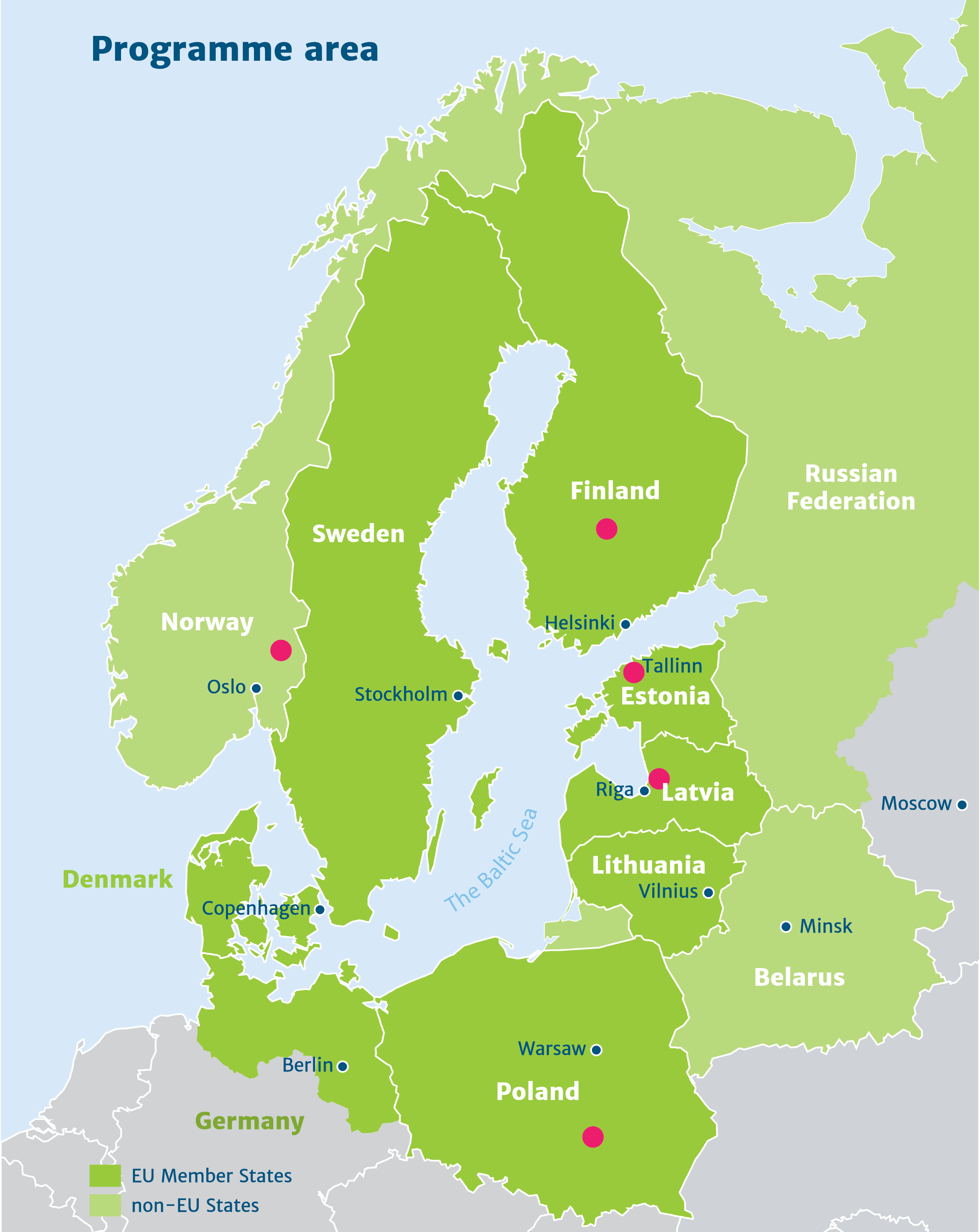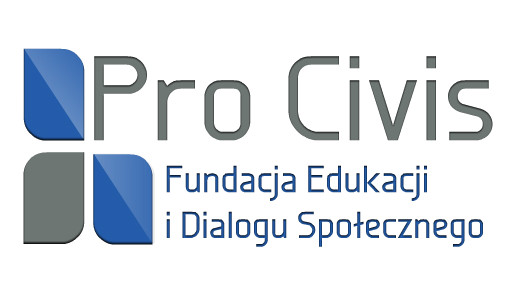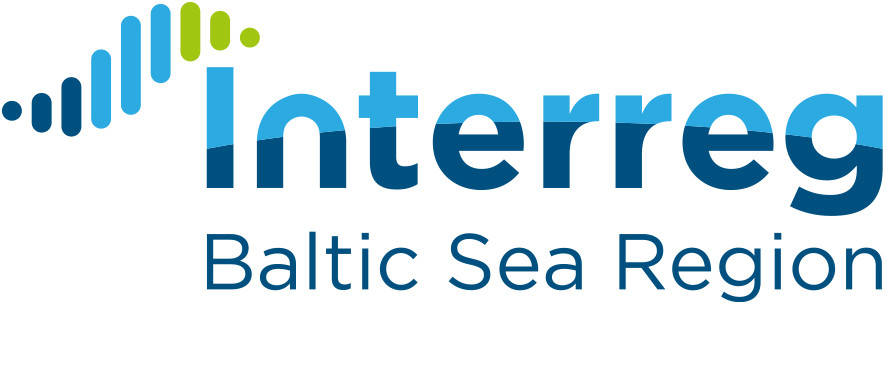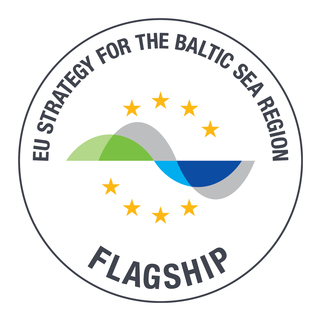The need to implement the Project arose from a desire to help the Baltic Sea Region, especially rural areas, to fully realise the potential of the bioeconomy.
The bioeconomy is understood by the Project partners as an economic activity that uses biotechnology, bio-processes and bio-products in order to create goods and services, on the basis of the available natural resources.
The rural areas of the Baltic Sea Region have a rich natural resource base and thus, they have great potential for the development of entrepreneurship in bioeconomy sectors. However, in order to make full use of it, they must overcome the difficulties associated with limited human capital and insufficient specialised environments/clusters.
Small and medium-sized enterprises continue to operate mainly in traditional sectors of the bioeconomy, and those based on natural resources often do not fully use new technologies.
Digitisation offers new opportunities for innovation management in transnational cooperation.
The objective of the RDI2CluB project is to use these opportunities to help rural areas of RDI2CluB partners’ regions to develop regional innovation systems, inter alia, by creating a digital platform for the transnational cooperation.
The transnational innovation governance model will create a more dynamic and innovative ecosystem that will promotes the transition of the region’s economy towards the one enjoying more knowledge-based jobs, bioeconomy products and services.








